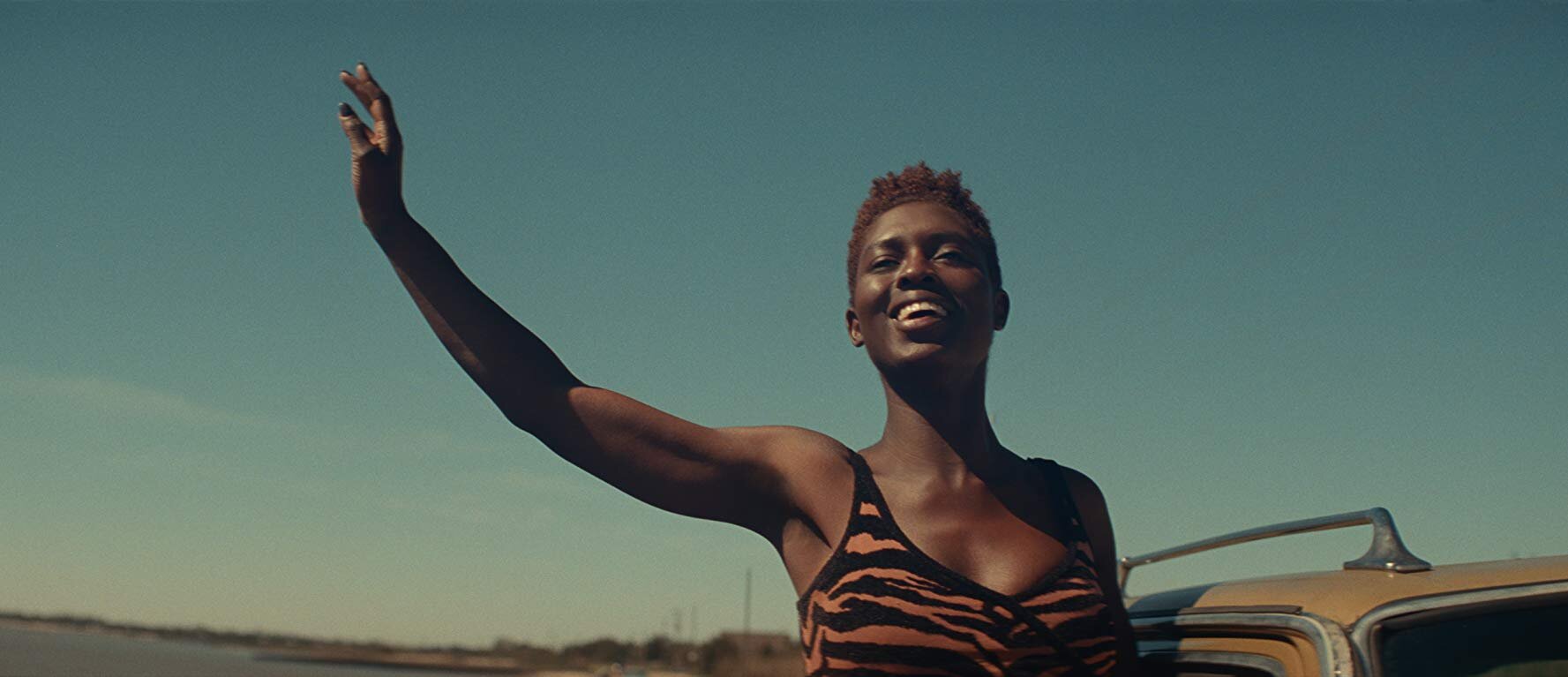Love Lies Bleeding: A Sexy, Disgusting Farce That Will Leave You Reeling—In A Good Way
Love Lies Bleeding is one of those movie-movies that makes me remember why I love cinema. From the very first shot, the stark, stunning cinematography and frenzied soundtrack grips you in a chokehold, and doesn’t let go until you snap your jaw shut as the credits roll an hour and 44 minutes later.
A24
Set in New Mexico in the 1980s, it’s the story of Lou (Kristen Stewart), a lonely gym manager who falls hard for newcomer Jackie (Katy O'Brian), a bodybuilder gearing up for a big competition in Las Vegas. From there begins a frantic exploration of what it means to love when you’re exposed to the darkest depths of your lover, as Lou discovers the lengths Jackie will go to to get what she wants, and Jackie gets mixed up in the violence of Lou’s family secrets.
Love Lies Bleeding is profound in the questions it asks, but it’s also a deeply absurd film that revels in disgusting gore for its own sake, in erotica, and in provoking a hearty nervous laugh or a dozen. It’s also—and this I was expecting, because, well, Kristen Stewart—just very sexy. Stewart’s awkwardness, the same quality that was so brutally ridiculed in her Twilight days, is precisely what makes her so appealing in this role. She supplements it to portray Lou with rakish charm, confidence in her abilities, and something adjacent to a moral compass. I was less convinced by O’Brian’s performance, which I suspect will have been selected in part because of her muscularity and background in martial arts. Also, some shots of her muscles flexing were a bit much for me and took me out of the story.
Still, plain and simple, this film is a romp—a crime thriller with none of the vapidity, a love story with none of the mawkishness, and my favorite in a long while.
10/10






















